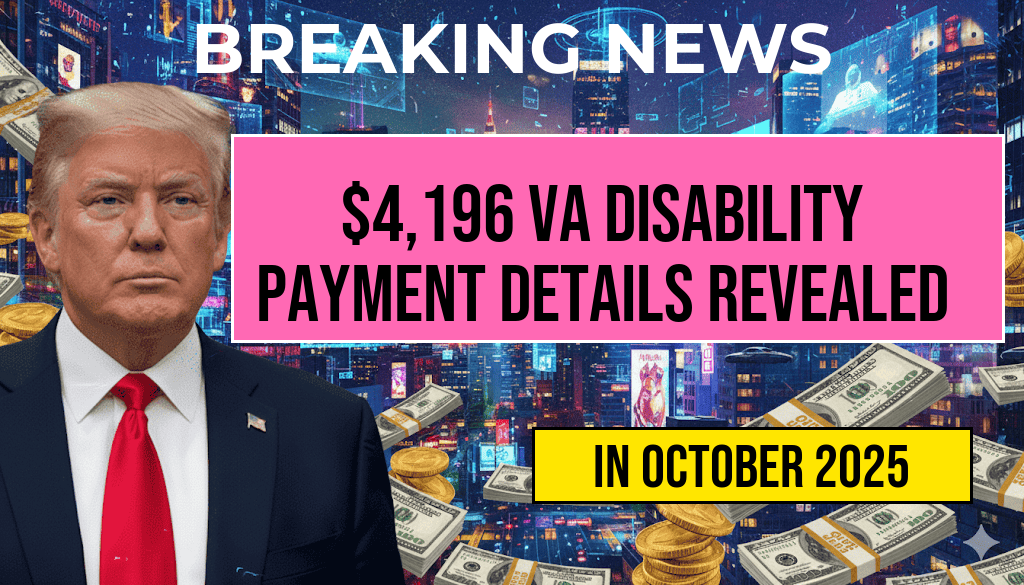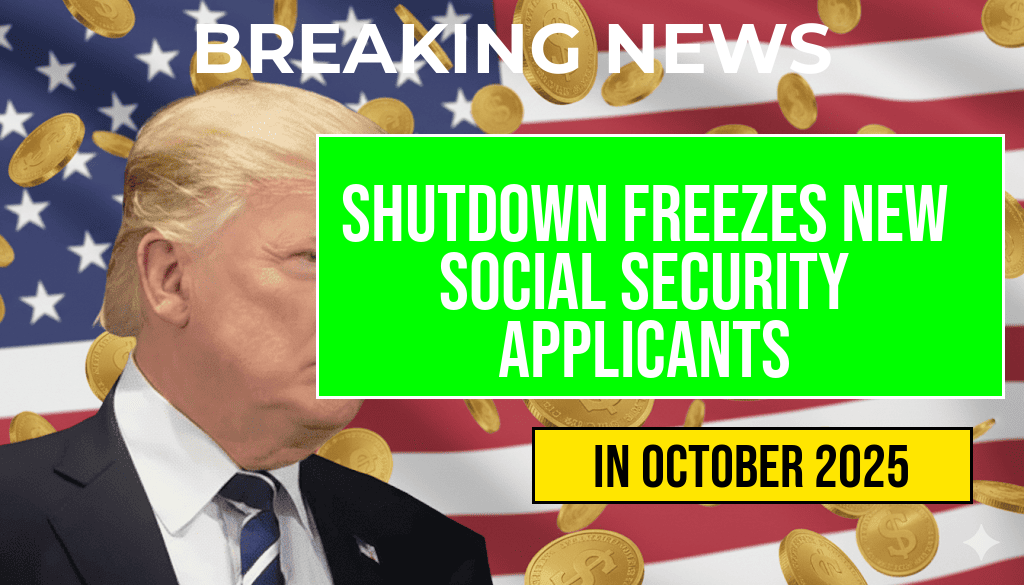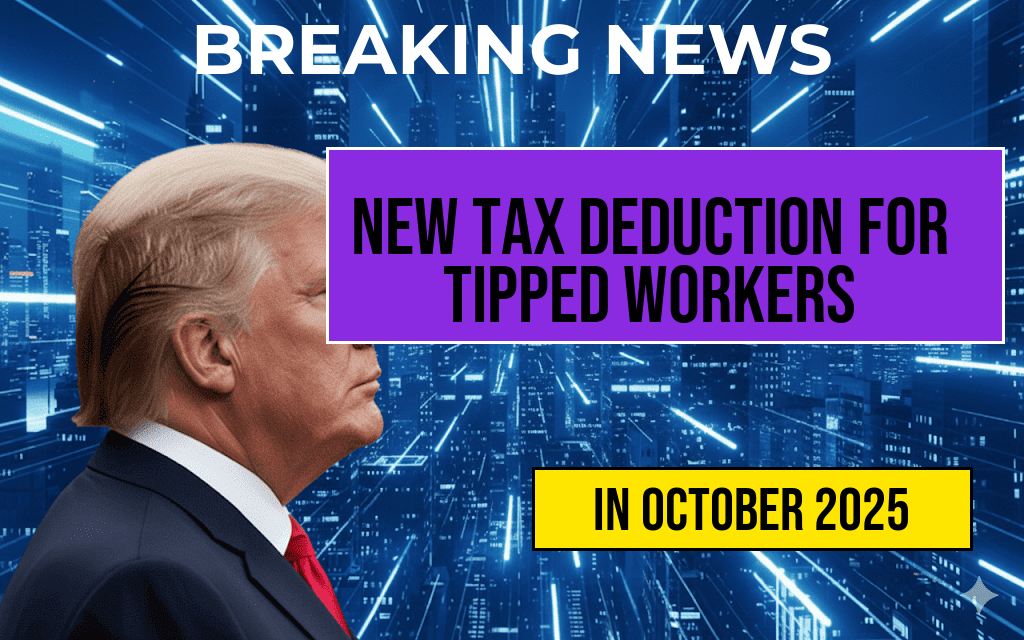The recent government shutdown has led to a significant disruption in the processing of new Social Security applications, creating a two-tier system for recipients. While current beneficiaries continue to receive their benefits without interruption, new applicants now face a total freeze in application processing. This situation has left many prospective beneficiaries in a lurch, raising concerns about the long-term implications for those who rely on Social Security as a primary source of income. As the shutdown persists, advocacy groups and lawmakers are urging a swift resolution to ensure that all eligible individuals can access the support they need.
Current Beneficiaries Remain Secure
For millions of Americans currently receiving Social Security benefits, the government shutdown has not affected their payments. Social Security, classified as an “entitlement program,” operates independently of the annual appropriations process, allowing existing beneficiaries to continue receiving their benefits seamlessly. This provision is crucial for seniors, individuals with disabilities, and survivors who depend on this income for their day-to-day expenses.
Impact on New Applicants
In stark contrast to the security experienced by existing beneficiaries, new applicants for Social Security are facing a major setback. As federal offices remain closed or operate with limited staff, individuals seeking to apply for benefits are unable to do so. The Social Security Administration (SSA) has temporarily halted the processing of all new applications, with reports indicating that this freeze could last for the duration of the shutdown, which is currently undetermined.
Consequences for New Applicants
- Increased Financial Strain: Many new applicants are left without a source of income, leading to heightened financial distress.
- Delayed Access to Benefits: The backlog of applications may result in extended waiting periods once the government reopens, exacerbating the situation for those in need.
- Emotional Toll: The uncertainty and lack of support can contribute to increased anxiety and stress for applicants who are already vulnerable.
Advocacy and Legislative Response
In response to the situation, advocacy groups including the National Committee to Preserve Social Security and Medicare have called for immediate action from Congress. They emphasize the need for a resolution to the shutdown to ensure that all individuals, regardless of their application status, can access vital services. Lawmakers from both parties are being urged to prioritize the reopening of government agencies that administer these essential programs.
Potential Legislative Solutions
Several proposals have been floated to address the current impasse. These include:
- Short-Term Funding Extensions: Some lawmakers are advocating for temporary funding measures to allow the SSA to continue processing new applications.
- Emergency Legislation: Proposals for emergency legislation to expedite application processing and provide interim support for new beneficiaries are gaining traction.
- Public Awareness Campaigns: Efforts to inform new applicants about alternative resources and support systems during the shutdown are also underway.
Long-Term Implications
The ongoing shutdown raises important questions about the resilience of the Social Security system in times of crisis. Experts warn that prolonged disruptions could lead to a more significant backlog, affecting not only new applicants but also the overall efficiency of the SSA. Stakeholders are urging lawmakers to consider reforms that could insulate Social Security from political gridlock in the future.
Looking Ahead
As the situation evolves, new applicants and advocacy groups will continue to monitor developments closely. The urgency for a resolution is palpable, with many individuals relying on the timely processing of their applications to secure their financial futures. With the potential for a prolonged shutdown, the need for a clear plan to address these challenges is more critical than ever.
For more information on the impact of the government shutdown on Social Security, visit Forbes and Wikipedia.
Frequently Asked Questions
What is the impact of the government shutdown on Social Security recipients?
The government shutdown has created a two-tier system for Social Security recipients, where current beneficiaries continue to receive their benefits without interruption, while new applicants face a complete freeze in processing their claims.
Will current Social Security beneficiaries continue to receive their payments during the shutdown?
Yes, current Social Security beneficiaries will remain secure and will continue to receive their payments as scheduled despite the government shutdown.
How does the government shutdown affect new Social Security applicants?
New applicants for Social Security benefits will experience a total freeze in processing, meaning that their applications will not be reviewed or approved until the government reopens.
What can new applicants do while their Social Security applications are on hold?
New applicants are encouraged to stay informed through official Social Security channels and prepare any additional documentation that may be required once the application processes resume.
Is there an expected timeline for the resolution of the government shutdown affecting Social Security services?
There is no specific timeline for the resolution of the government shutdown, but updates will be provided by Social Security and government officials as the situation evolves.











